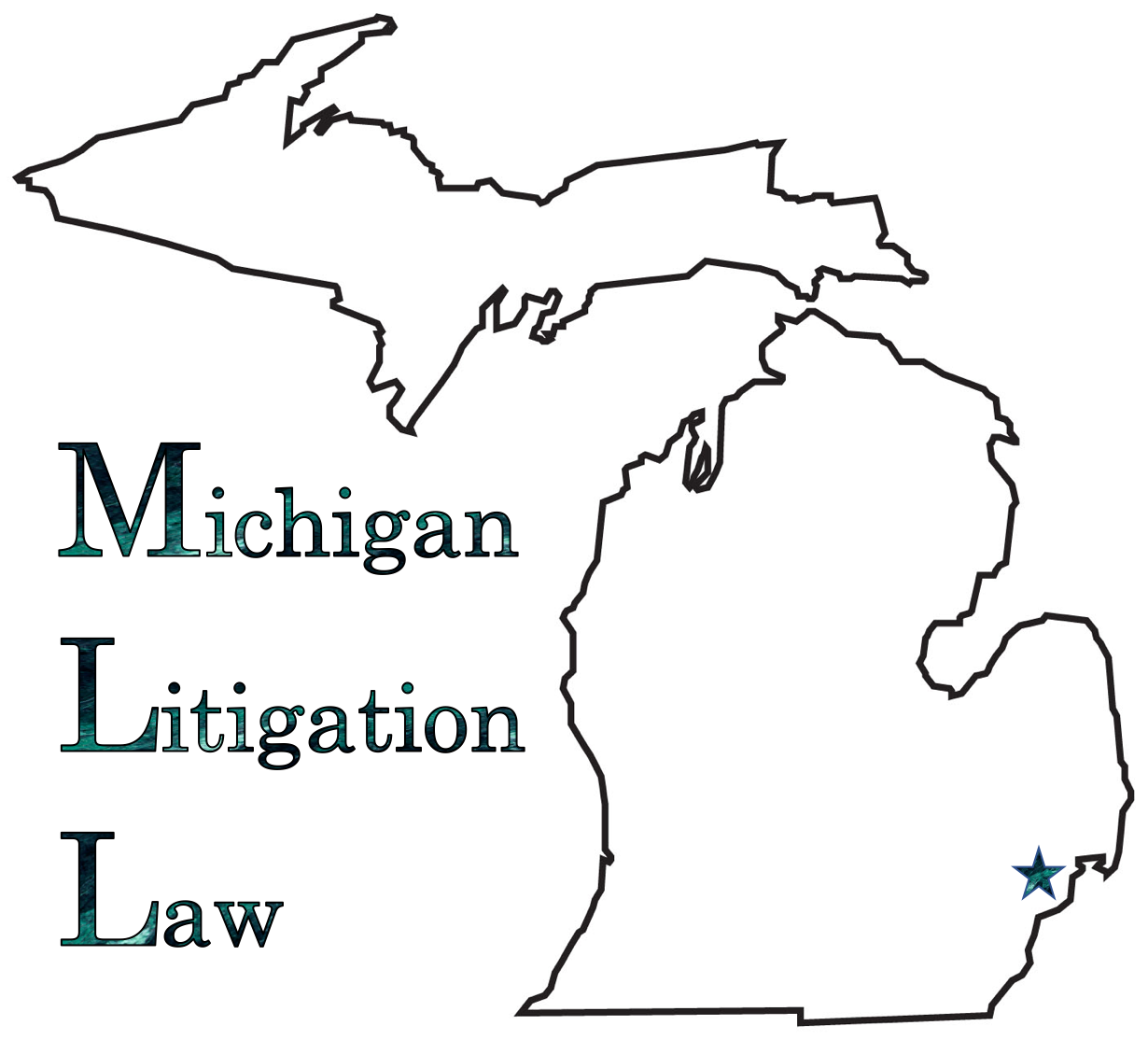Supreme Court Hands Down Another Pro-Fourth Amendment Ruling
The Supreme Court handed down what I think will end up being considered a significant defense of the Fourth Amendment. The case comes from Virginia and to understand the case it is good to start with the facts. This is the set up for the case:
Officer Matthew McCall of the Albemarle County Police Department in Virginia saw the driver of an orange and black motorcycle with an extended frame commit a traffic infraction. The driver eluded Officer McCall’s attempt to stop the motorcycle. A few weeks later, Officer David Rhodes of the same department saw an orange and black motorcycle traveling well over the speed limit, but the driver got away from him, too. The officers compared notes and concluded that the two incidents involved the same motorcyclist.
Upon further investigation, the officers learned that the motorcycle likely was stolen and in the possession of petitioner Ryan Collins. After discovering photographs on Collins’ Facebook profile that featured an orange and black motorcycle parked at the top of the driveway of a house, Officer Rhodes tracked down the address of the house, drove there, and parked on the street. It was later established that Collins’ girlfriend lived in the house and that Collins stayed there a few nights per week.
From his parked position on the street, Officer Rhodes saw what appeared to be a motorcycle with an extended frame covered with a white tarp, parked at the same angle and in the same location on the driveway as in the Facebook photograph. Officer Rhodes, who did not have a warrant, exited his car and walked toward the house. He stopped to take a photograph of the covered motorcycle from the sidewalk, and then walked onto the residential property and up to the top of the driveway to where the motorcycle was parked. In order “to investigate further,” App. 80, Officer Rhodes pulled off the tarp, revealing a motorcycle that looked like the one from the speeding incident. He then ran a search of the license plate and vehicle identification numbers, which confirmed that the motorcycle was stolen. After gathering this information, Officer Rhodes took a photograph of the uncovered motorcycle, put the tarp back on, left the property, and returned
to his car to wait for Collins.Shortly thereafter, Collins returned home. Officer Rhodes walked up to the front door of the house and knocked. Collins answered, agreed to speak with Officer Rhodes, and admitted that the motorcycle was his and that he had bought it without title. Officer Rhodes then arrested Collins.
Collins was convicted and appealed, eventually, to the Supreme Court. When his case arrived, it was apparent that the government faced some tough sledding.
Today the Court handed down its decision and found the police had overreached. Via AP
Virginia’s Supreme Court said the case involved what the Supreme Court has called the “automobile exception,” which generally allows police to search a vehicle without a warrant if they believe the vehicle contains contraband.
Justice Sonia Sotomayor said for the court Tuesday that the state court was wrong. Sotomayor said that constitutional protections for a person’s home and the area surrounding it, the curtilage, outweigh the police interest in conducting a vehicle search without a warrant.
“We decline Virginia’s invitation to extend the automobile exception to permit a warrantless intrusion on a home or its curtilage,” Sotomayor wrote.
Collins is not out of the woods, however. A separate legal doctrine allows warrantless searches in “exigent circumstances,” including whether the evidence — in this case, the motorcycle — might disappear if not looked for quickly. The justices ordered Virginia courts to consider that issue.
Justice Samuel Alito dissented, saying the police acted reasonably. “If the motorcycle had been parked at the curb, instead of in the driveway, it is undisputed that Rhodes could have searched it without obtaining a warrant,” Alito said, referencing the officer who pulled back the tarp.
Justice Clarence Thomas voted with the majority, but he wrote separately to question whether the Supreme Court has the authority to require states to suppress incriminating evidence that was acquired in violation of the Constitution. Thomas said that telling states they must apply the so-called federal exclusionary rule “is legally dubious.”

